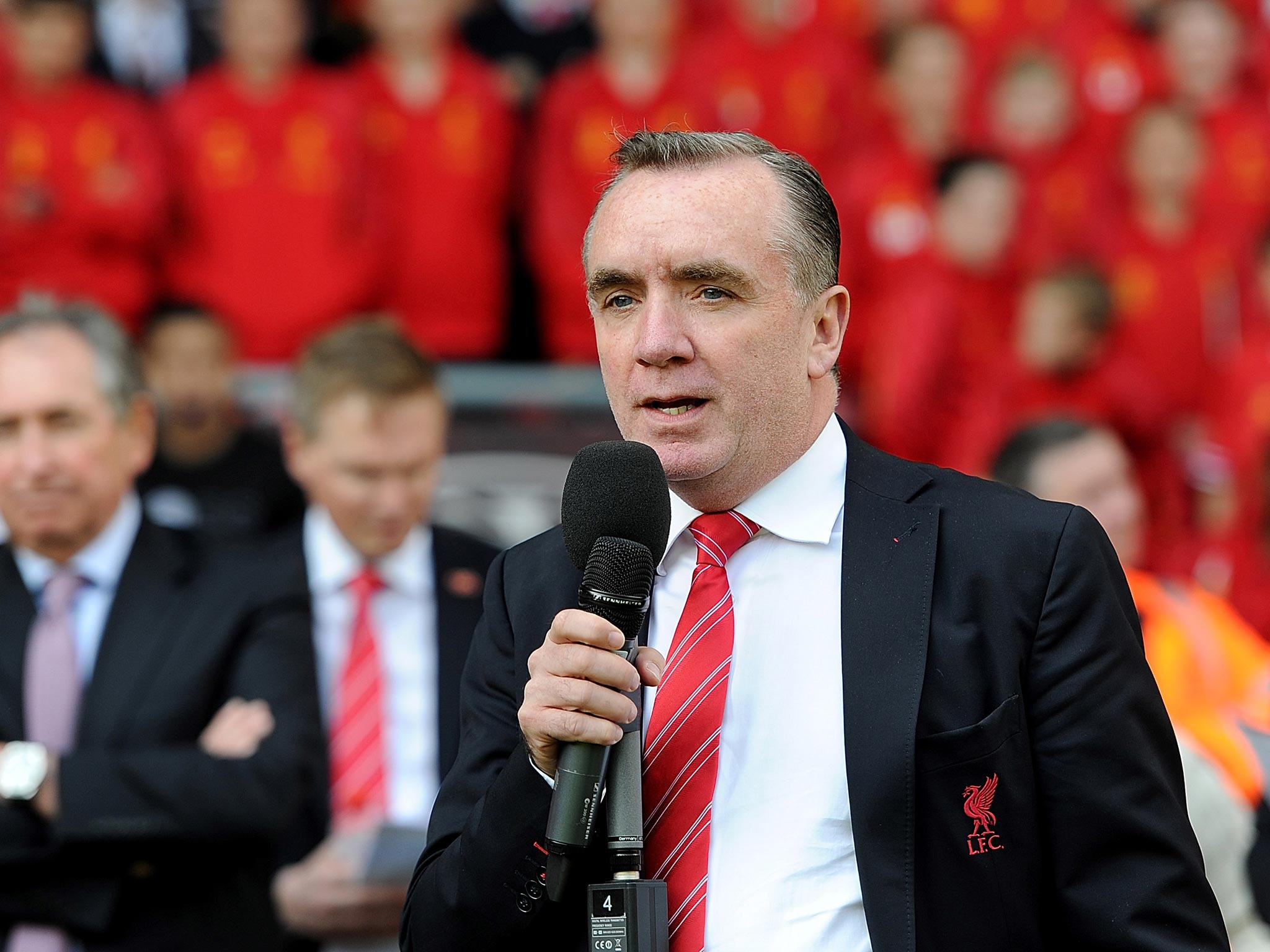Liverpool stadium: Anfield club expect to match Chelsea in match-day revenue when their expanded new stand opens next year
Liverpool remain a huge distance behind Manchester United and Arsenal in terms of match-day revenues
Your support helps us to tell the story
From reproductive rights to climate change to Big Tech, The Independent is on the ground when the story is developing. Whether it's investigating the financials of Elon Musk's pro-Trump PAC or producing our latest documentary, 'The A Word', which shines a light on the American women fighting for reproductive rights, we know how important it is to parse out the facts from the messaging.
At such a critical moment in US history, we need reporters on the ground. Your donation allows us to keep sending journalists to speak to both sides of the story.
The Independent is trusted by Americans across the entire political spectrum. And unlike many other quality news outlets, we choose not to lock Americans out of our reporting and analysis with paywalls. We believe quality journalism should be available to everyone, paid for by those who can afford it.
Your support makes all the difference.Liverpool expect to command the same match-day revenue as Chelsea when their expanded main stand opens next year - a £25m a season uplift which they believe can ultimately help them to compete more strongly with the London club in the transfer market.
Suggestions manager Brendan Rodgers is ready to bring in Paris Saint-Germain striker Ezequiel Lavezzi this month are thought to be wide of the mark and any hopes Liverpool might have of showing more purchasing ambition are now limited by Uefa’s Financial Fair Play regime.
Chelsea, whom they meet in the Capital One Cup semi-final first leg at Anfield next Tuesday, spent heavily before the new rules kicked in. Revenue from the new stand – which Liverpool’s chief executive, Ian Ayre, anticipates will generate £20m from the additional 8,500 seats and £5m from a naming rights sponsor each season – would allow the club to spend more without falling foul of Uefa, which is investigating Anfield and six other clubs for possible FFP breaches.
Ayre has reiterated to FC Business magazine the point he made to this newspaper and others six weeks ago – that Liverpool, a club with a traditional working-class support, could not afford to be squeamish about corporate seats forming an important part of the stadium development.
“Corporate hospitality revenues are essential,” Ayre said. “If we had increased capacity by 8,500 general admission seats only, it would have taken a ridiculous time to pay back the investment, meaning revenues into the team would have been affected. But the large corporate increase means we will pay the debt back quickly and not be saddled with debt, while quickly increasing revenues into the playing squad.”
Liverpool remain a huge distance behind Manchester United and Arsenal in terms of match-day revenues. Latest figures from the 2012-13 season revealed that United’s match-day earnings were £109m, Arsenal’s £93m, Chelsea’s £71m and Liverpool’s way behind at £45m, just ahead of Manchester City.
The Main Stand expansion will take Anfield’s overall capacity to around 54,000. But the club is still wrestling with the best way to exploit the outline planning permission it has secured to increase the Anfield Road End by a further 6,000. Only when that second phase is complete will Liverpool be able to compete with Arsenal on match-day income.

The Anfield Road development is more difficult because it will not include the corporate hospitality element which will deliver two-thirds of the income needed to pay back the loans being extended from the cash reserves of Fenway Sports Group (FSG), the American sports investment company which owns the club.
Ayre, who insisted FSG had no intention of selling Liverpool, said the club wanted a return on the investment over five to six years, though some commercial benefits before then. The potential naming rights revenue is based on market value. “We didn’t think looking for a naming rights deal on a stadium as iconic as Anfield made sense, but there are real value and benefits to be had around a rights deal on the new stand,” Ayre said. Liverpool also anticipate a £10m increase when their Standard Chartered shirt sponsorship deal expires in 2016.
Making up the huge commercial advantage United have established remains a colossal challenge, though. Private equity specialist Phillip Hall, who represented FSG in its 2010 takeover, today said the Glazer family had built United’s finances hugely, despite the controversy surrounding the debt they loaded on to the club when purchasing it. United is “a very self-sustaining and profitable commercial enterprise that is five to 10 years ahead of their nearest competitor in the Premier League,” Hall said.
Join our commenting forum
Join thought-provoking conversations, follow other Independent readers and see their replies
Comments